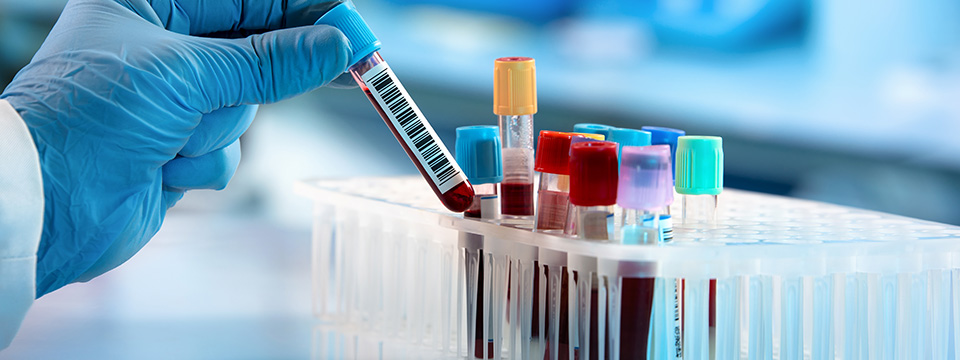Phlebotomy Technician
- Microcredential
- Department of Biology

Our Phlebotomy Technician microcredential program is highly competitive with limited space; eight students are accepted per semester. Students who are interested in enrolling are encouraged to contact: Tracey Graney in the Biology Department at 585-292-2717 or tgraney1@monroecc.edu
Phlebotomy Technician Microcredential Program: Your Gateway to a Rewarding Career in Healthcare
Elevate your healthcare career with our Phlebotomy Technician microcredential program that has been designed to equip students with the skills and knowledge required to excel as phlebotomists.
The healthcare industry offers numerous employment opportunities for certified phlebotomists, ensuring a bright future for program graduates. This comprehensive course helps to ensure you are prepared to engage with patients in a professional manner and collect vital samples with precision, guaranteeing accurate results for patient care.
Obtaining certification as a phlebotomy technician is attainable through the National Healthcare Association — if you are interested in certification, please inform your instructor, and they will guide you through the process.
Our microcredential program consists of 6-9 credits, making it a flexible and accessible option for students. Furthermore, successful completion of this program can serve as a steppingstone into our Health Studies AS (HS01) or Liberal Arts AS (LA04) degree programs. Please note that it does apply to the Clinical Lab Technician AAS (CL01) program, except for CLT 115, where clinical lab students will have their final semester of phlebotomy rotation waived.
This microcredential isn't just for aspiring phlebotomists — students pursuing healthcare careers, like nursing, can also benefit from the skills and knowledge gained in the phlebotomy technician program. Whether you are taking your first step in the healthcare industry or looking to enhance your existing qualifications, our Phlebotomy Technician microcredential is a gateway to a rewarding and dynamic career in healthcare.
Phlebotomy Technician
Microcredential
Department: Biology
School(s): Health Sciences & Physical Wellness
The Phlebotomy Technician microcredential will prepare students to become phlebotomists. Individuals will have the knowledge and skills to interact professionally with patients and collect critical samples to provide accurate patient results. Certification as a phlebotomy technician is possible through the National Healthcareer Association. Students wanting certification should let their instructor know. Employment opportunities are readily available.
This microcredential requires completion of 6-9 credits. Ladders into Health Studies AS (HS01) or Liberal Arts AS (LA04) degree programs and with the exception of CLT 115, Clinical Lab Technician AAS (CL01). A Clinical Lab Student with CLT 115 will have final semester of phlebotomy rotation waived. Students pursuing a career in healthcare, such as nursing, will also benefit from this microcredential.
Requirements:
CLT 110 - Specimen Procurement and Processing (1 credit), grade of C or higher required
CLT 115 - Phlebotomy Practicum (1 credit)
Prerequisite(s): Permission of Instructor. Co-requisite(s): CLT 110 or previously completed
SPC 141 - Interpersonal Speech Communication (3 credits)
One course from the following list of electives:
BIO 133 – Human Biology (3 credits)
BIO 135 – Essentials of Human Anatomy & Physiology II (3 credits)
Prerequisite(s): BIO 134 or permission of instructor
BIO 145 – Human Anatomy & Physiology II (4 credits)
Prerequisite(s): BIO 144
HED 101 – Cardiopulmonary Resuscitation and Care (1 credit)
CRC 101 – Practical Computer Literacy (1 credit)
HIM 140 – Survey of Health Information Technology Concepts (3 credits)
HIM 104 – Medical Terminology (3 credits)

